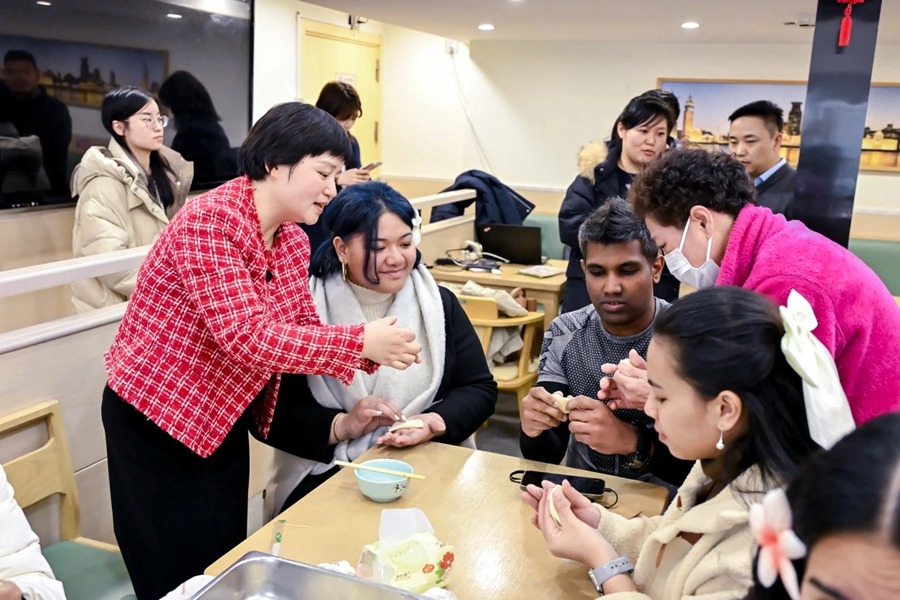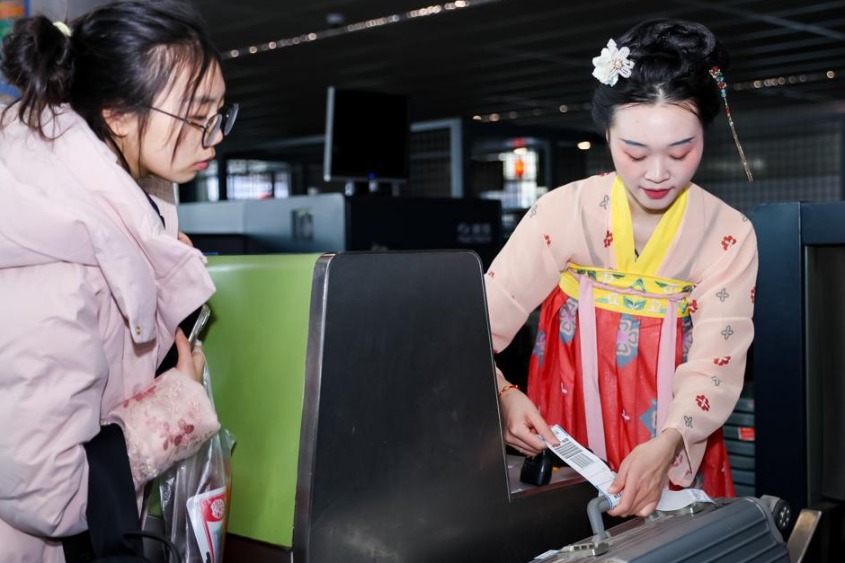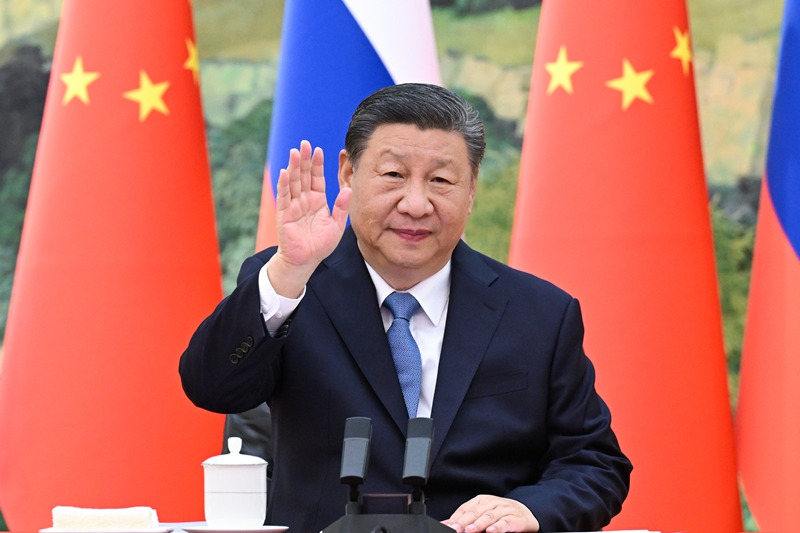Talented returnees benefit from new lives in country

Main reason
Zhi Xiaoxuan, 28, from Beijing, said the fast-booming internet industry in China was the main reason she decided to return home after studying and working in the US for three years.
She wanted to develop her career, so in 2019 she quit her job in the US to apply for a position at a Chinese internet company headquartered in Beijing.
In 2016, Zhi turned down a postgraduate recommendation from her university in Henan province and flew to study international relations and international communications at Boston University in the US.
"In Western countries, more emphasis is placed on flexibility, creativity and coordination skills, so I was trained to acquire more comprehensive cognitive abilities and view problems from a more open-minded perspective," Zhi said.
Two months after she settled in the US, she began to look for work — starting an internship at the branch of a Chinese recruitment company in early 2017.
"I wanted to make the most of every minute by studying and working to put into practice the knowledge I had learned, and also to progress," said Zhi, who worked as public relations manager after her internship ended since 2018.
Her desire to advance her career after reaching the goals she set herself resulted in Zhi deciding to return to China.
As she expected, the quicker pace at the internet company enabled her to learn new things and to work in other areas of the company in a short time.
However, she gradually got tired of working and started to question if toiling nonstop was a wise choice.
"My working ability increased rapidly, and I reached my initial goal of understanding internet industry, but I also realized I did not want a life of constant constraints in which I had no sense of fulfillment," Zhi said.
She resigned and joined Love Survive, an entertainment company in the music industry in Beijing as a co-founder, dealing with music copyright, production, managing musicians, and planning music events.
"I've experienced setbacks, struggles and introspection, but have learned to adjust my expectations, so I don't set myself limits. As each part of life has a different development stage, I may soon embark on bigger challenges," Zhi said.
A survey of human relations officers from different enterprises released by recruiting company Lockin China last year showed that nearly 81 percent thought that overseas study experience could be an advantage.
Wang Yu, a human resources business partner in Beijing, said, "The value of overseas work experience depends on whether the industry and the company concerned have surpassed China in global rankings. At present, chip technicians and drug discovery and design talent in the artificial intelligence pharmaceutical industry are in relatively high demand in China."
A survey on employment and entrepreneurship among Chinese returnees issued by the Center for China and Globalization in 2019 indicated that the main reason for them coming home is to reunite with family and friends, which accounted for 60 percent of respondents, followed by 42 percent who said they came back to develop their careers.
A total of 61 percent of the returnees started their careers in China, and 34 percent chose to pursue further education or take a gap year.
- Panda cubs send Spring Festival greetings from Southwest China
- China's State Council appoints, removes officials
- International merchants gather at Lhasa's 10-day fair
- Infrastructure growth in Xizang universities highlighted
- Bringing the soil back to life
- Shanghai receives over 6.7 million inbound tourists in 2024





































